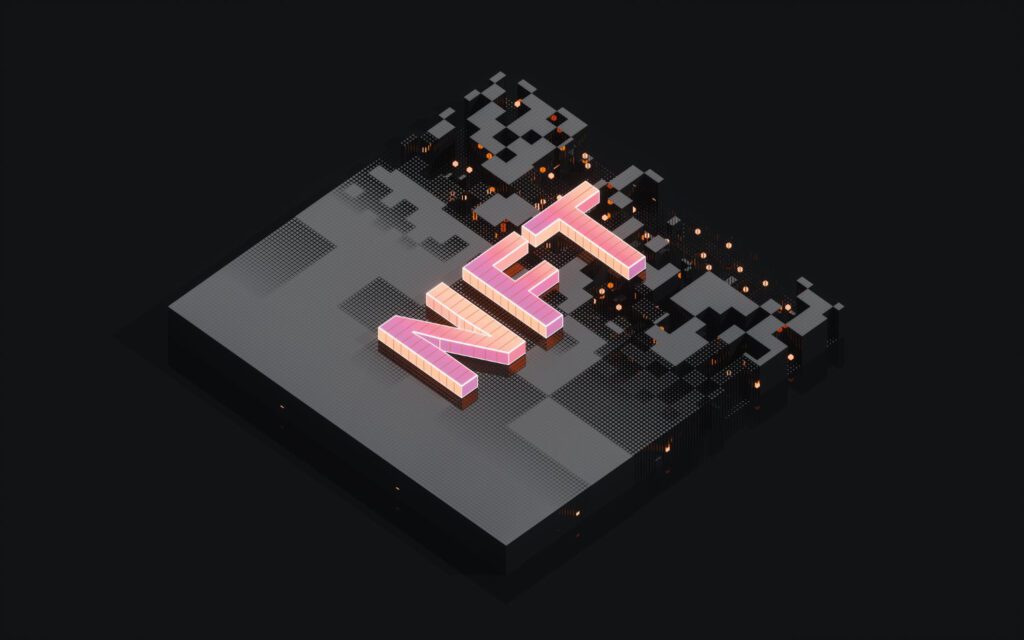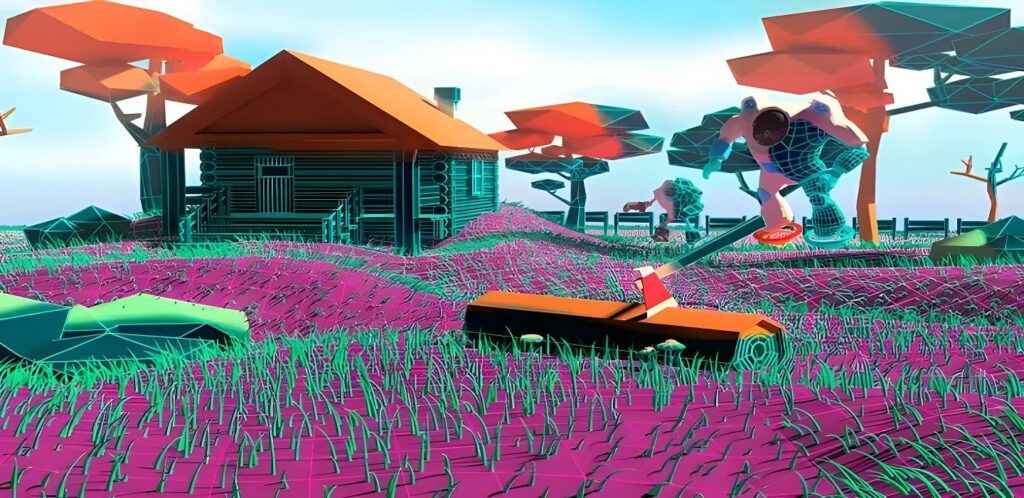Takeaway
The rise of NFT games has transformed the gaming landscape, offering developers unique opportunities to create secure and scalable crypto projects. By leveraging blockchain technology, understanding smart contracts, and implementing robust security measures, developers can build engaging and profitable gaming experiences that resonate with players and investors alike.
The advent of Non-Fungible Tokens (NFTs) has revolutionized the gaming industry, providing a new paradigm for ownership, monetization, and player engagement. As an NFT game developer, the challenge lies not only in creating captivating gameplay but also in ensuring that the underlying technology is secure and scalable. This article delves into the intricacies of building NFT games, focusing on the technical aspects that developers must consider to create successful crypto projects.

Understanding NFTs and Their Role in Gaming
Non-Fungible Tokens are unique digital assets verified using blockchain technology. Unlike cryptocurrencies such as Bitcoin or Ethereum, which are fungible and can be exchanged on a one-to-one basis, NFTs represent distinct items or assets. In the gaming context, NFTs can represent in-game items, characters, skins, or even entire games. This uniqueness allows players to truly own their digital assets, which can be bought, sold, or traded on various marketplaces.
According to a report by NonFungible.com, the NFT market reached a staggering $10.7 billion in sales in Q3 2021 alone, showcasing the immense potential for NFT games. The success of games like Axie Infinity, which generated over $1 billion in revenue in 2021, highlights the lucrative opportunities available for developers who can effectively harness this technology.
Key Components of NFT Game Development
1. Blockchain Selection
The choice of blockchain is critical in NFT game development. Ethereum has been the dominant platform for NFTs due to its robust smart contract capabilities and widespread adoption. However, scalability issues and high gas fees have led developers to explore alternative blockchains such as Binance Smart Chain, Flow, and Polygon. Each blockchain has its own advantages and trade-offs, and developers must consider factors such as transaction speed, cost, and community support when making their selection.
2. Smart Contracts
Smart contracts are self-executing contracts with the terms of the agreement directly written into code. They are essential for managing the creation, transfer, and ownership of NFTs within a game. Developers must ensure that their smart contracts are secure and free from vulnerabilities, as exploits can lead to significant financial losses. According to a report by the blockchain security firm CertiK, over $1.3 billion was lost to smart contract vulnerabilities in 2021 alone.
To mitigate risks, developers should conduct thorough audits of their smart contracts and consider using established standards such as ERC-721 or ERC-1155 for NFT creation. These standards provide a framework for interoperability and ensure that NFTs can be easily integrated into various platforms and marketplaces.
3. Game Design and User Experience
While the technical aspects of NFT game development are crucial, the overall game design and user experience cannot be overlooked. Developers must create engaging gameplay that incentivizes players to participate in the ecosystem. This includes designing mechanics for earning, trading, and utilizing NFTs within the game.
For instance, in games like Decentraland, players can buy, sell, and develop virtual land as NFTs, creating a vibrant economy within the game. The success of such games demonstrates the importance of integrating NFTs into the core gameplay loop, ensuring that players feel a sense of ownership and investment in their digital assets.

Players in Decentraland can invest in virtual land as NFTs.
4. Security Measures
Security is paramount in the world of NFT games, where the stakes can be high. Developers must implement robust security measures to protect against hacks, exploits, and fraud. This includes securing wallets, using multi-signature authentication for transactions, and employing decentralized oracles to ensure accurate data feeds.
Additionally, developers should educate their user base about best practices for securing their digital assets. A study by Chainalysis revealed that over $2.8 billion worth of cryptocurrency was stolen in 2021, underscoring the need for heightened security awareness among players.
Scalability Challenges and Solutions
As NFT games gain popularity, scalability becomes a pressing concern. High transaction volumes can lead to network congestion and increased fees, which can deter players from participating. Developers must consider solutions such as layer-2 scaling solutions, which allow for faster and cheaper transactions without compromising security.
For example, Polygon has emerged as a popular layer-2 solution for Ethereum, enabling developers to build scalable applications while benefiting from Ethereum’s security. By integrating such solutions, developers can ensure that their games remain accessible and enjoyable for players, even during peak usage times.
Real-World Examples of Successful NFT Games
Several NFT games have successfully navigated the complexities of development, security, and scalability. Axie Infinity, for instance, has become a benchmark for NFT games, allowing players to earn cryptocurrency through gameplay. The game’s unique play-to-earn model has attracted millions of players, particularly in regions like Southeast Asia, where players can earn a significant income through gameplay.
Another notable example is The Sandbox, a virtual world where players can create, own, and monetize their gaming experiences. The Sandbox utilizes a decentralized model that empowers creators to build and share their content, fostering a vibrant community and economy. As of 2022, The Sandbox had raised over $93 million in funding, highlighting investor confidence in the potential of NFT gaming.
Future Trends in NFT Game Development
The future of NFT game development is poised for significant growth and innovation. As blockchain technology continues to evolve, developers will have access to more advanced tools and frameworks that simplify the creation of NFT games. Additionally, the integration of artificial intelligence and machine learning could lead to more personalized gaming experiences, enhancing player engagement.
Moreover, the rise of metaverse concepts will likely influence NFT game development, as players seek interconnected virtual worlds where they can interact, trade, and play across different platforms. This trend presents both opportunities and challenges for developers, who must ensure interoperability and seamless user experiences across diverse ecosystems.
Conclusion
In conclusion, the role of an NFT game developer extends beyond mere game design; it encompasses a deep understanding of blockchain technology, smart contracts, security measures, and scalability solutions. By leveraging these components effectively, developers can create secure and engaging NFT games that resonate with players and investors alike. As the NFT gaming landscape continues to evolve, staying informed about emerging trends and technologies will be crucial for developers aiming to succeed in this dynamic environment.
Key takeaways include the importance of selecting the right blockchain, ensuring smart contract security, designing engaging gameplay, implementing robust security measures, and addressing scalability challenges. By focusing on these areas, developers can build successful NFT games that stand the test of time.

